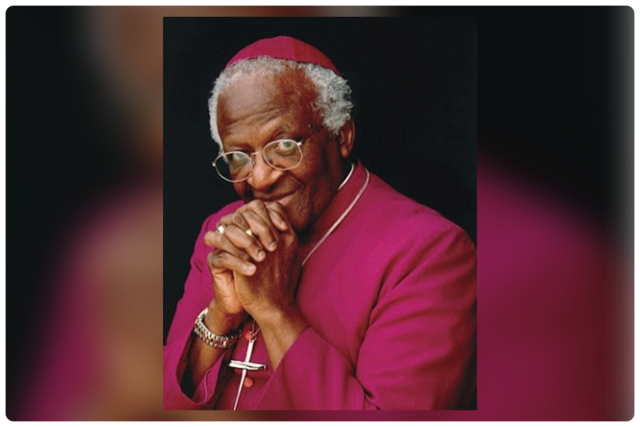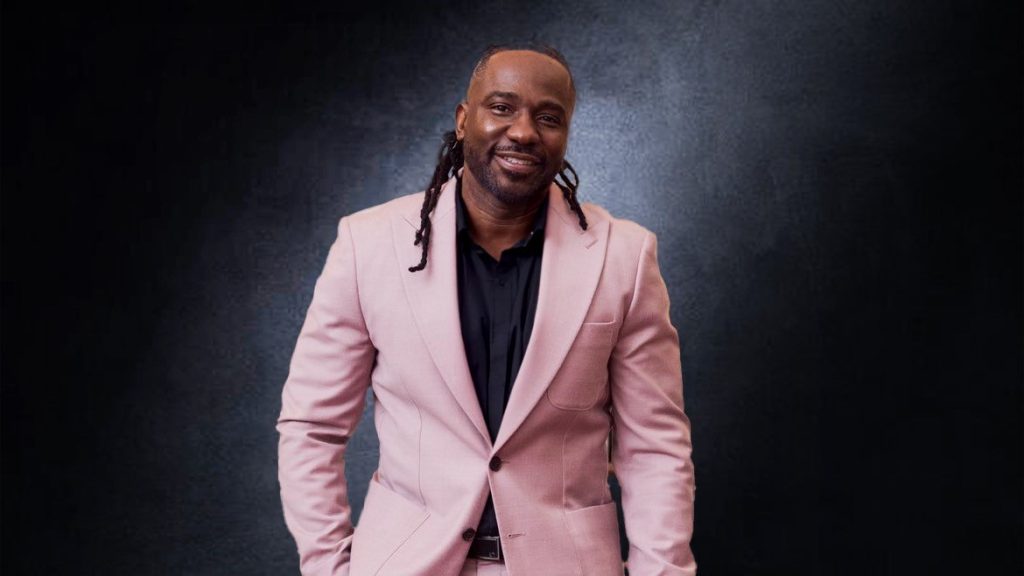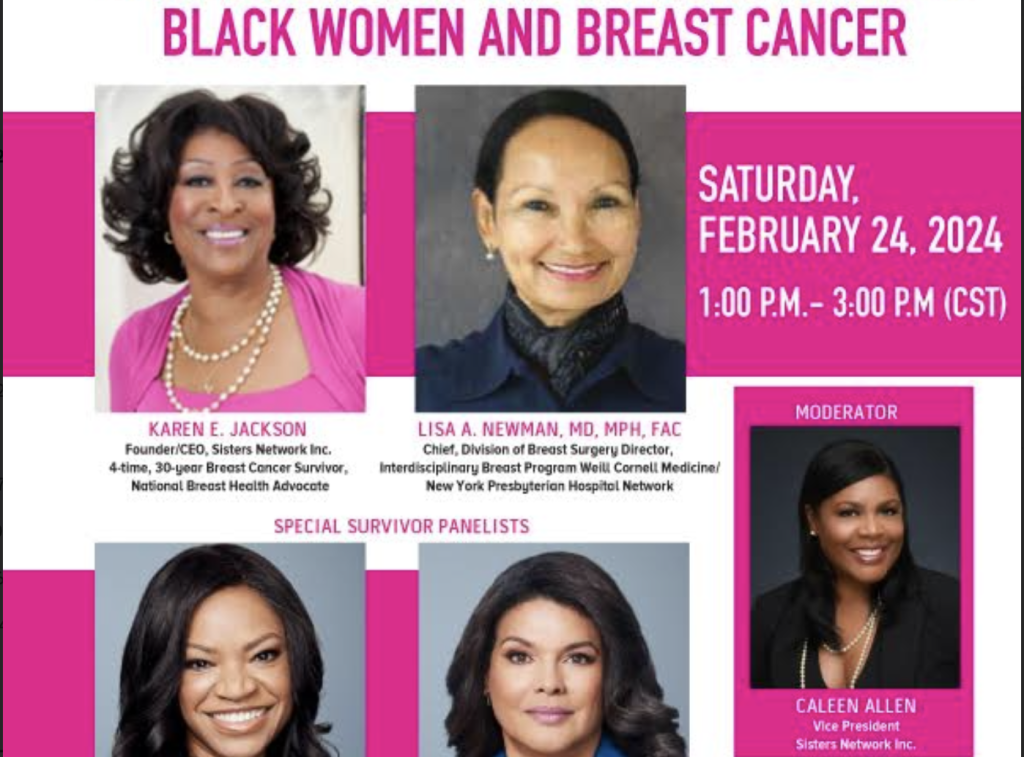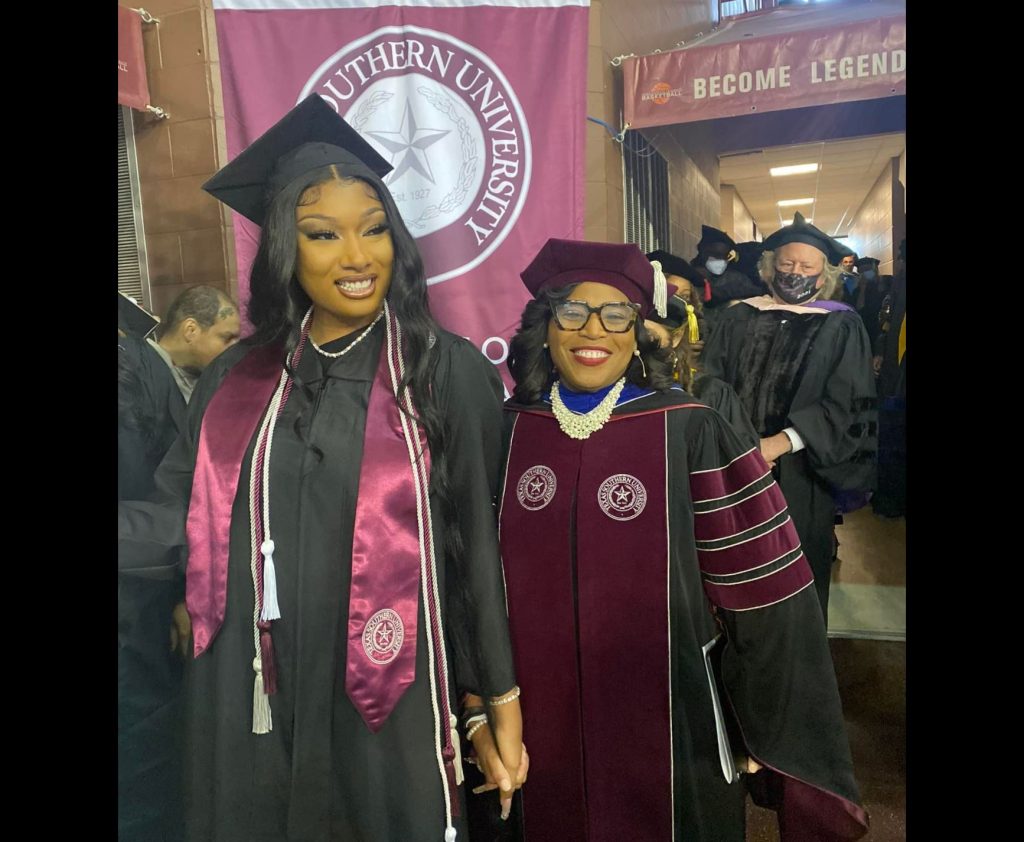Archbishop Desmond Tutu dies at 90
Written by Vibe Houston Staff on December 26, 2021

Family, friends and dignitaries around the world were mourning the loss of Archbishop Desmond Tutu,
who died Sunday at the age of 90, sparking a global outpouring of tributes to the anti-apartheid hero. He had been in poor health for several years.
Desmond Mpilo Tutu was a South African Anglican bishop and theologian, known for his work as an anti-apartheid and human rights activist. He was Bishop of Johannesburg from 1985 to 1986 and then Archbishop of Cape Town from 1986 to 1996, in both cases being the first black African to hold the position. Theologically, he sought to fuse ideas from black theology with African theology.
Tutu was born of mixed Xhosa and Motswana heritage to a poor family in Klerksdorp, South Africa. Entering adulthood, he trained as a teacher and married Nomalizo Leah Shenxane in 1955, with whom he had four children, including Mpho Tutu van Furth. In 1960, he was ordained as an Anglican priest and in 1962, he moved to the United Kingdom to study theology at King’s College London. In 1966 he returned to Africa, teaching at the Federal Theological Seminary in South Africa, and then the University of Botswana, Lesotho and Swaziland. In 1972, he became the Theological Education Fund’s director for Africa, a position based in London but necessitating regular tours of the African continent. Back in southern Africa in 1975, he served first as dean of St Mary’s Cathedral in Johannesburg and then as Bishop of Lesotho.
From 1978 to 1985, Tutu served as the general secretary of the South African Council of Churches. He emerged as one of the most prominent opponents of South Africa’s apartheid system of racial segregation and white minority rule. Although warning the National Party government that anger at apartheid would lead to racial violence, as an activist he stressed non-violent protest and foreign economic pressure to bring about universal suffrage.
In 1985, Tutu became Bishop of Johannesburg and in 1986 the Archbishop of Cape Town, the most senior position in southern Africa’s Anglican hierarchy. In this position, he emphasised a consensus-building model of leadership and oversaw the introduction of female priests. Also in 1986, he became president of the All Africa Conference of Churches, resulting in further tours of the continent. After President F. W. de Klerk released the anti-apartheid activist Nelson Mandela from prison in 1990 and the pair led negotiations to end apartheid and introduce multi-racial democracy, Tutu assisted as a mediator between rival black factions. After the 1994 general election resulted in a coalition government headed by Mandela, the latter selected Tutu to chair the Truth and Reconciliation Commission to investigate past human rights abuses committed by both pro and anti-apartheid groups. Following apartheid’s fall, Tutu campaigned for gay rights and spoke out on a wide range of subjects, among them his support of Palestinians in the Israeli–Palestinian conflict (alongside his simultaneous belief in Israel’s right to exist), his opposition to the Iraq War, and his criticism of South African presidents Thabo Mbeki and Jacob Zuma. In 2010, he retired from public life.
As Tutu rose to prominence in the 1970s, different socio-economic groups and political classes held a wide range of views about him, from critical to admiring. He was popular among South Africa’s black majority and was internationally praised for his work involving anti-apartheid activism, for which he won the Nobel Peace Prize and other international awards. He also compiled several books of his speeches and sermons.
He continued to be a change agent across the world for decades.
In October 2010, Tutu announced his retirement from public life so that he could spend more time “at home with my family – reading and writing and praying and thinking.” In May 2013, he declared that he would no longer vote for the ANC, stating that while the party was “very good at leading us in the struggle to be free from oppression,” it had done a poor job in countering inequality, violence, and corruption. The following month, he welcomed the launch of a new party, Agang South Africa. After Nelson Mandela died in December 2013, Tutu initially stated that he had not been invited to the funeral; after the government denied this, Tutu announced his attendance. He criticised the memorials held for Mandela, stating that they gave too much prominence to the ANC and marginalised Afrikaners, commenting that Mandela would have been appalled.
Tutu maintained an interest in social issues. In July 2014, he came out in support of legalised assisted dying,later stating that he would want that option open to him personally. In December 2015, Tutu’s daughter, Mpho Tutu, married a woman in the Netherlands. Tutu attended and gave the proceedings a blessing, despite Anglican opposition to same-sex marriage.
Tutu continued commenting on international affairs. In November 2012, he published a letter alongside Mairead Maguire and Adolfo Pérez Esquivel in which they expressed support for the imprisoned US military whistleblower Chelsea Manning.
In May 2014, Tutu visited Fort McMurray, in the heart of the Canada’s oil sands oil fields, and said, “The fact that this filth is being created now, when the link between carbon emissions and global warming is so obvious, reflects negligence and greed.” A month earlier he had called for an “an apartheid-style boycott [of corporations financing the injustice of climate change] to save the planet.”
In August 2017, Tutu was among ten Nobel Peace Prize laureates who urged Saudi Arabia to stop the execution of 14 participants of the 2011–12 Saudi Arabian protests.[382] In September, Tutu asked Myanmar’s leader Aung San Suu Kyi to halt the army’s persecution of the country’s Muslim Rohingya minority. In December 2017, he was among those to condemn US President Donald Trump’s decision to officially recognise Jerusalem as Israel’s capital despite Palestinian opposition.
Tutu died from cancer at the Oasis Frail Care Centre in Cape Town on December 26, 2021 at the age of 90. His daughter Naomi Nontombi said, “He was ready. He went to meet his God, ready and willing.”







